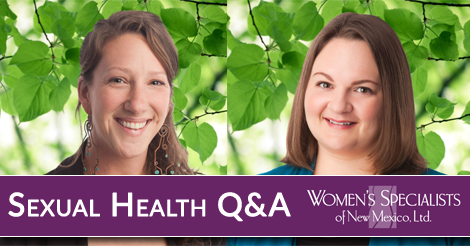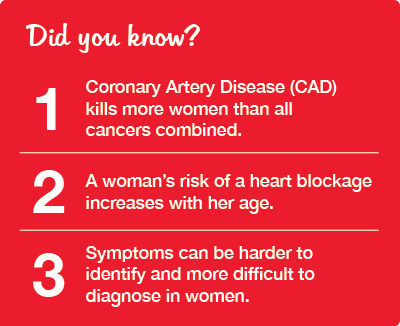Menopause Basics
Menopause Basics Menopause is defined as a year without a period. Perimenopause is the transition years leading up to that final period. Some women experience no changes in their cycles, but cycle irregularity is common and can be problematic. Periods that arrive less that 21 days from prior period need to be discussed, as does abnormally heavy flow. Most women experience menopause between their mid-forties up to 58 or so. The average age of menopause is 51. […]


 Online Scheduling Request
Online Scheduling Request 









